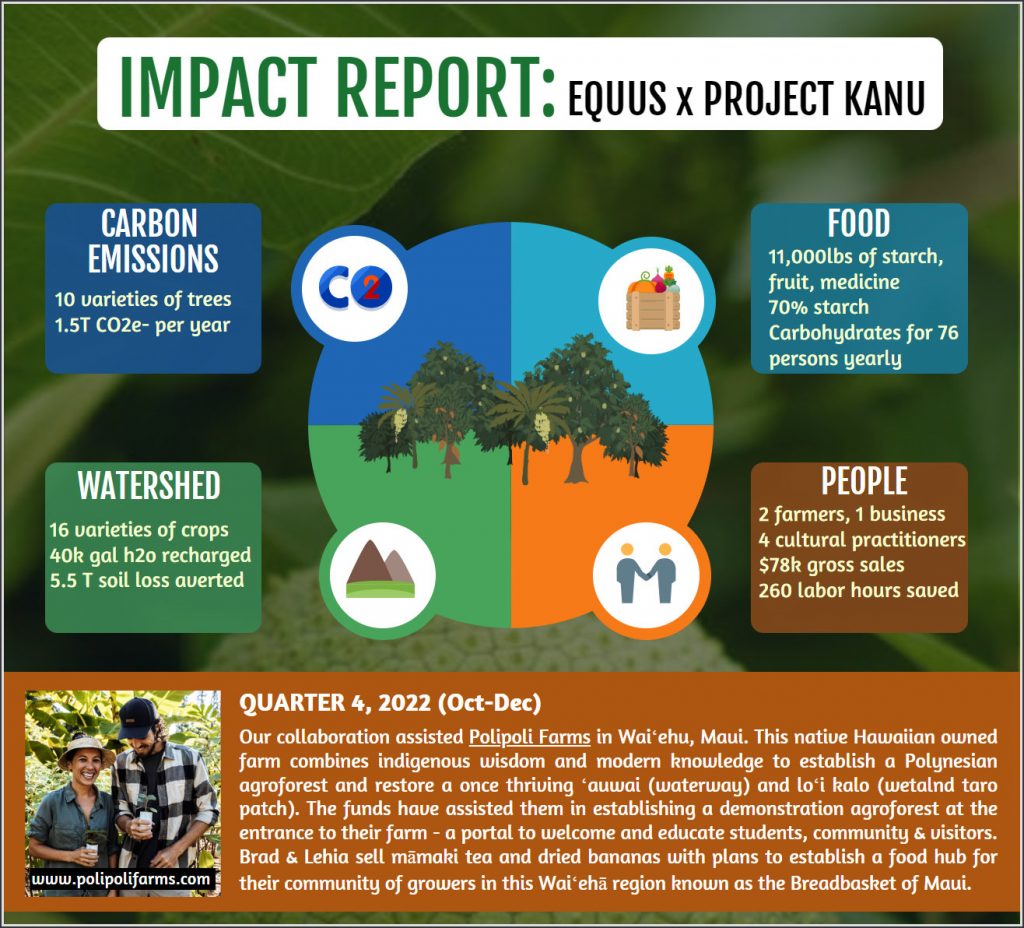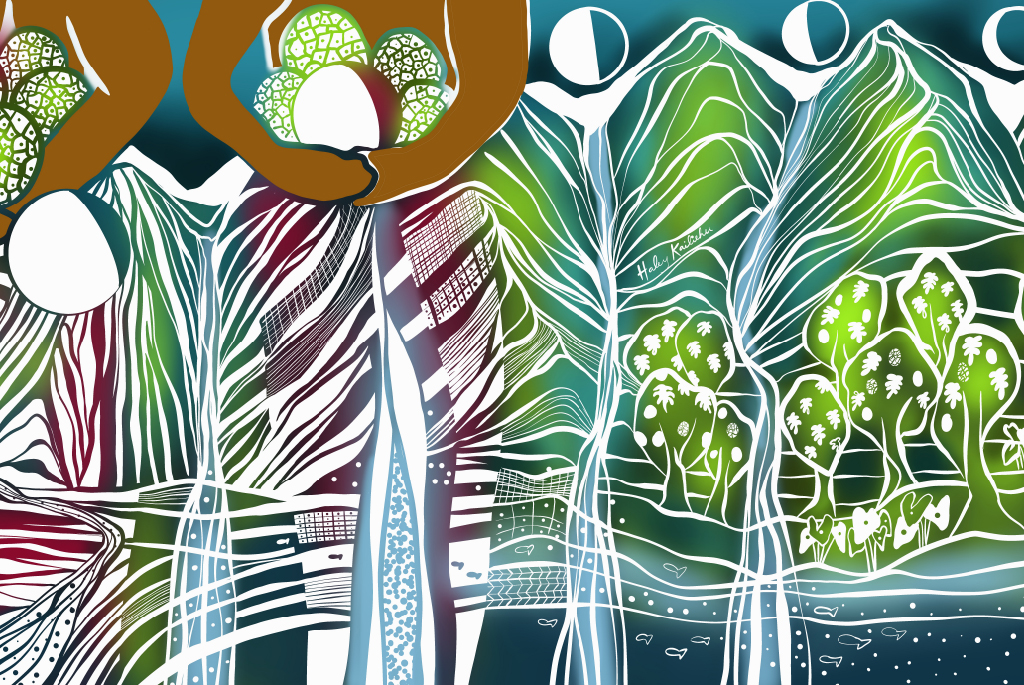
Green Initiative
The Equus is proud to have been Waikiki’s first Green Hotel. Other accolades include being a part of TripAdvisor’s Green Leader’s Program, Ocean Friendly Restaurants Hawai’i, Hawaii Green Business certified, and a partner of Kind Traveler. Guests have peace of mind, knowing their stay is a sustainable one.
As an environment friendly hotel, educating our guests about their opportunity to participate in keeping Hawaii beautiful for future generations to enjoy, is an important part of our mission. We make every effort to improve our footprint on Mother Nature and preserve the beauty of Hawaii, while still providing the comforts of a boutique hotel. Please enjoy your time with us, and Malama the ‘Aina! (care for the earth)
Initiatives we participate in include:
All appliances are GreenStar rated
Room amenities are non-toxic and biodegradable
Low-flush toilets and low-flow shower heads and sink faucet
Partially used bath amenities are donated to local non-profit for homeless
Rigorous recycling program
Towel and Linen Re-use program (every 3 days unless requested)
All lighting CFL with plans to convert to LED
Green transportation program for employees (subsidies for bus passes)
No irrigation system or sprinklers—landscaping is hand-watered
No chemicals used on landscaping
Old uniforms and linens are retired to the Salvation Army
Furniture is donated to Re-Use Hawai‘i
On-site furniture refurbishing/refinishing
Other initiatives to comply with the State Department of Health Green Hotel checklist
Paniolo bar partners with sustainable distilleries offering local or sustainable liquor selections
Our Impact
Our collaboration with Hawaii Farm Trails’ Project Kanu initiative has allowed us to make a significant difference in reducing carbon emissions, improving access to locally sourced food, protecting watersheds, and positively impacting the lives of our community.

Leave a Lasting, Sustainable Legacy for Hawaii’s Food Future
The Equus, in partnership with Kind Traveler’s Every Stay Gives Back certification, supports Hawaii Farm Trails’ Project Kanu, an agroforestry initiative aimed at planting food-bearing trees. The mission of Hawaii Farm Trails’ Project Kanu is to plant carbon-sequestering food trees that will nourish and regenerate Hawaii’s Island Home. Overcoming high levels of food insecurity is an ongoing challenge in Hawaii exacerbated by barriers that local farmers face such as high costs of production, degraded soils and uncertain markets & weather. By supporting Project Kanu, it’s possible to help fund food trees which serve as the baseline for advancing food security and agroforestry.
Going beyond individual tree planting efforts, agroforestry seeks positive interactions between its components. Agroforestry cultivates the use of trees & shrubs with crops & livestock to create a more holistic and ecologically diverse output from the land than is possible through conventional agriculture. Through this model, farmers gain income and resilience from multiple crops growing on unique timelines.
Guests are invited to make a positive impact in our local community with Hawaii Farm Trails with a $5 per/stay “Community Impact Contribution” to advance food security and agroforestry efforts in planting carbon-sequestering food trees at locally owned farms. Equus Hotel proudly matches contributions with an additional $5 per/stay in creating a sustainable future for our local community.
Use the hashtag #EveryStayGivesBack to share your support on social media.








